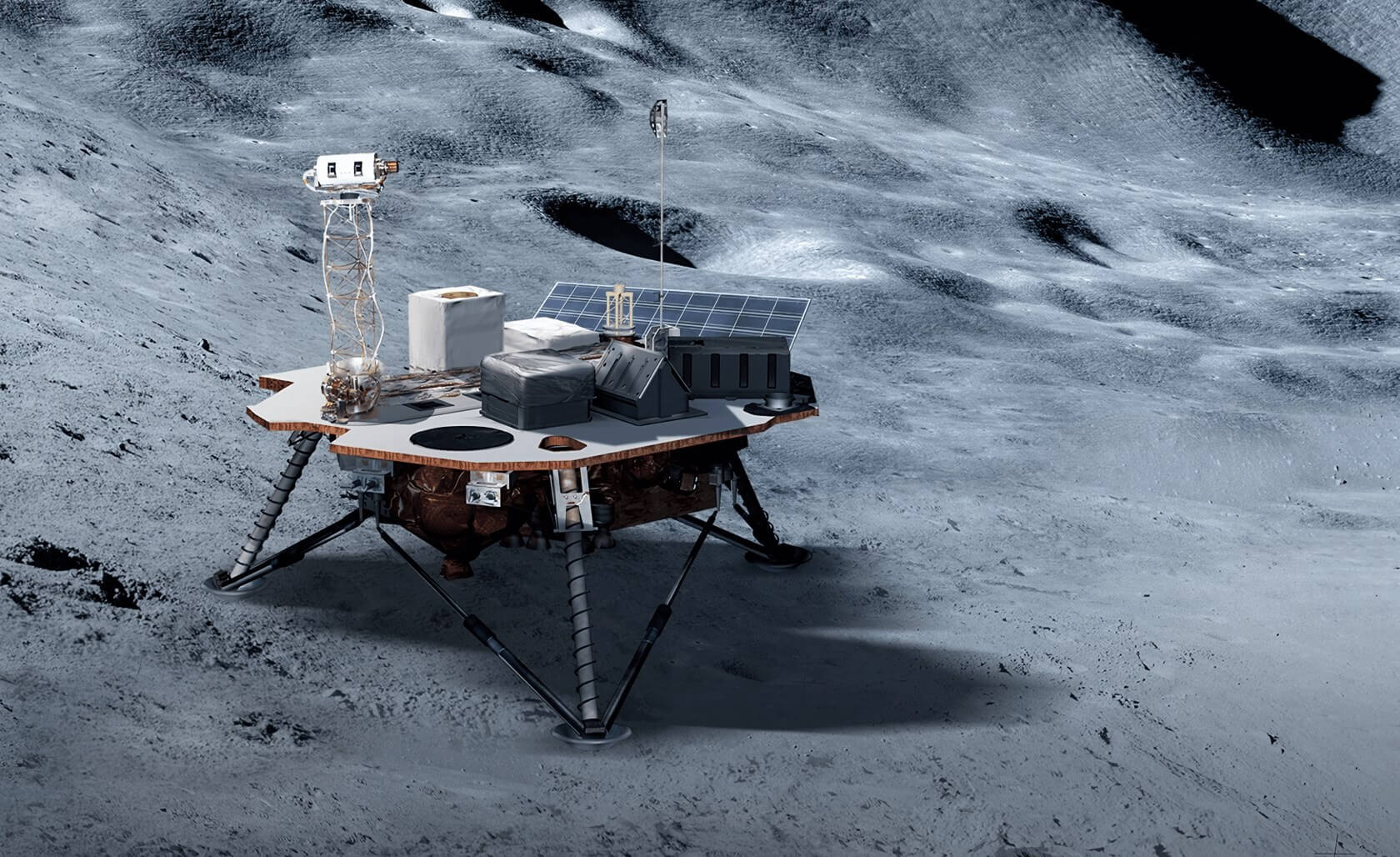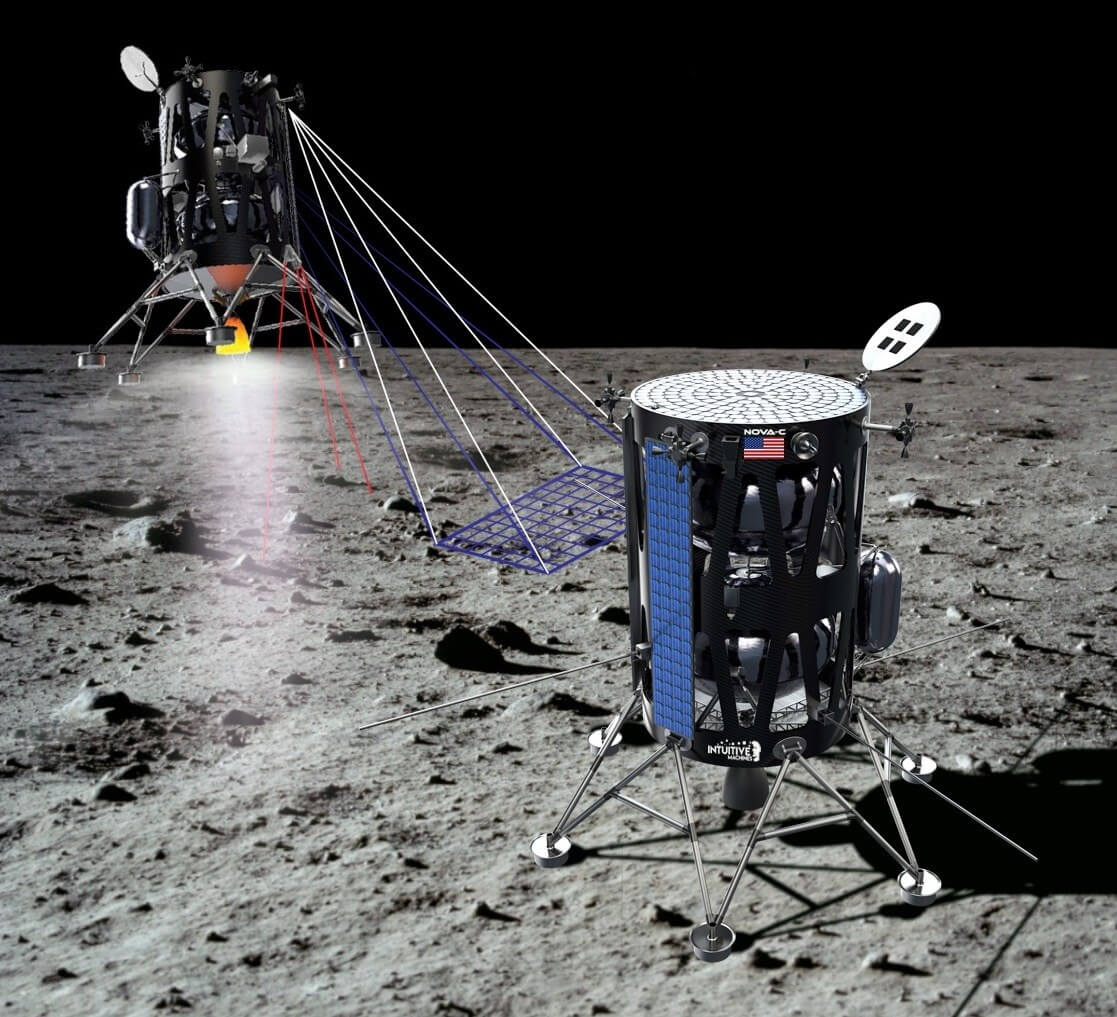
We've known that NASA wants to bring humans back to the moon for some time now, but the organization has finally started to take concrete steps toward making that a reality lately. Indeed, NASA has just chosen its first three commercial partners for the "Artemis" Moon return program.
These partners will deliver NASA-mandated "science and technology payloads" that will perform investigations and "demonstrate advanced technologies" on the Moon's surface. Eventually, this will pave the way for astronauts to return to the planet by 2024 -- if NASA's plans go well, that is.
The three companies in question are Astrobiotic of Pittsburgh, Intuitive Machines of Houston, and Orbit Beyond of Edison. Astrobiotic will be receiving $79.5 million in funding from NASA, and they intend to fly "as many as 14 payloads" to Lacus Mortis by July 2021, which is a large crater on the "near side" of the Moon.

Orbit Beyond of Edison, New Jersey, will be awarded the highest sum of the three organizations: $97 million. That money will be used to help the group fly up to four payloads to Mare Imbrium, a "lava plain" in a Moon crater. Their deadline of September 2020 is a bit tighter than the other two partners listed here.
Intuitive Machines is being given slightly less cash; $77 million in total. They will be flying five payloads to Oceanus Procellarum, a "scientifically intriguing" (whatever that means) dark spot on the Moon's surface, by July 2021.
Time will tell whether or not NASA and its new partners will be able to achieve their goals, but one thing is certain: after what feels like years of relative stagnation, the space industry is finally exciting again.
https://www.techspot.com/news/80325-nasa-has-chosen-first-three-partners-artemis-moon.html